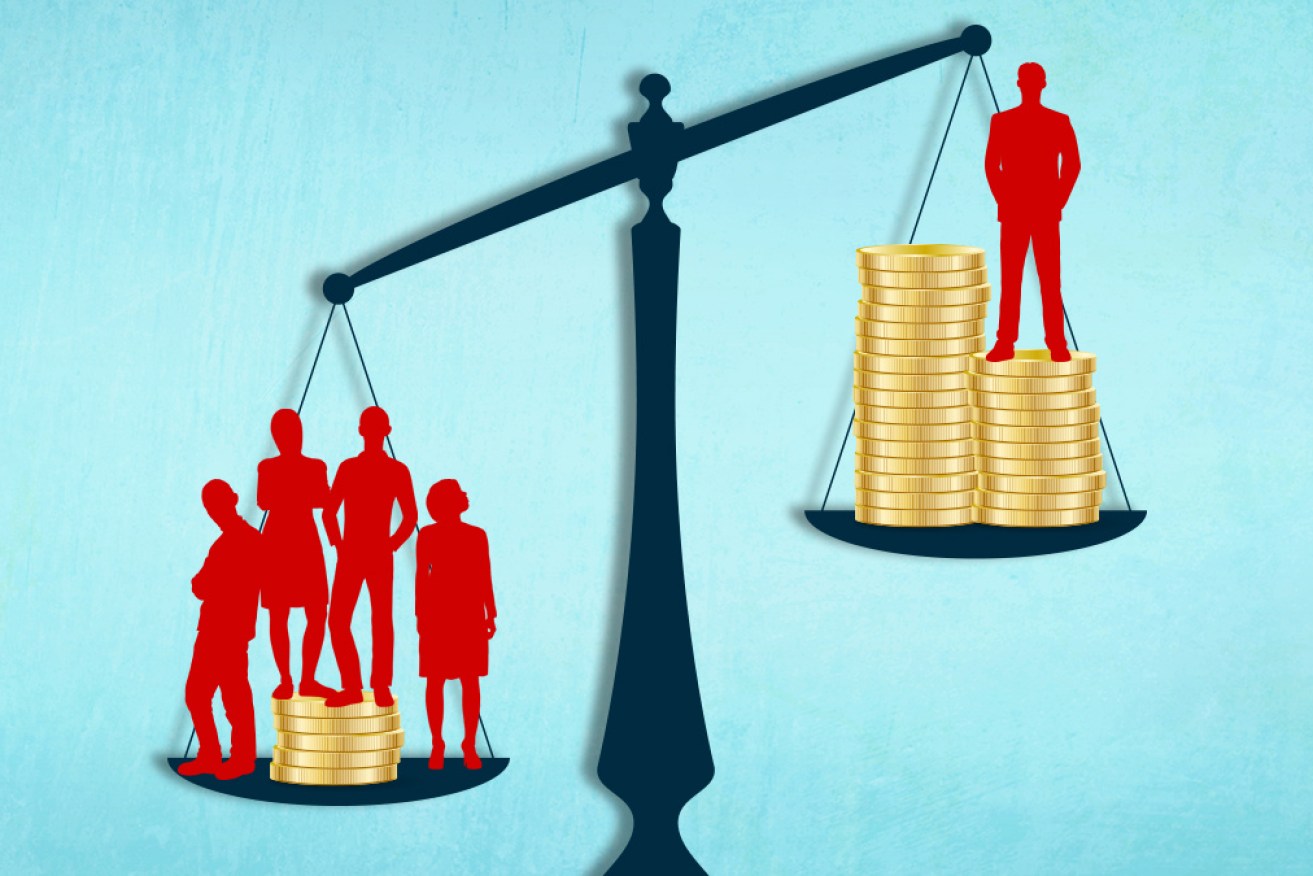ASFA calls for tax changes to make super fairer


ASFA says superannuation needs a rebalancing. Photo: The New Daily
The superannuation system is unfair and requires reform, according to the Association of Superannuation Funds of Australia (ASFA).
ASFA, the umbrella fund for the whole pooled superannuation movement, has been criticised in recent times for setting a “low bar” on super fund performance and effectively pandering to the industry.
But its CEO, Martin Fahy, shocked observers on Wednesday by using a pre-budget submission to call for equity-driven reform.
“Superannuation is about ensuring people have adequate income in retirement, it is not about facilitating excessive wealth transfers,” Dr Fahy said.
Specifically, ASFA called for lower superannuation taxes for people earning between $37,000 and $45,000 and higher taxes for people at the top end of the income spectrum.
Low income-earners need a helping hand
ASFA wants the government to raise the top income threshold of the Low Income Support Tax Offset (LISTO) from $37,000 a year to $45,000 a year to balance the effects of the Morrison government’s tax cuts.
LISTO pays back the 15 per cent super contributions tax to those whose marginal income tax rate is only 15 per cent, to ensure they still benefit from super tax concessions.
Under ASFA’s plan, the costs of that change would be born by high-income earners.
The lobby group wants “a modest reduction” in the Division 293 threshold – the level at which super contributions are taxed at 30 per cent rather than 15 per cent.
At the moment it kicks in at $250,000. But although Dr Fahy said ASFA had not yet identified an appropriate threshold, he noted that the top marginal tax rate kicked in at $180,000 a year, a figure that was closer to $200,000 when fringe benefit considerations were added in.
ASFA also targeted high-value accounts, saying that amounts above $5 million ought to be moved out of the superannuation system.
“The Retirement Income Review identified 11,000 super accounts with more than $5 million and moving them out of super means [the account owners] would have to pay tax at their marginal rate,” Dr Fahy said.
ASFA also called for the removal of the indexation of the cap beyond which tax-free pensions can no longer be paid.
That transfer balance cap, as it is known, is due to rise from $1.6 million to $1.7 million in July.
But Dr Fahy said “changing the balance cap in July would be very complex because lots of people with multiple accounts would be have different caps”.
“We think the cap should be left as it is and the issue revisited in 2025,” he said.

ASFA says big super balances need to be reined in. Photo: Getty
Reforming superannuation is a “big issue,” said Ian Fryer, research director with Chant West.
“The tax benefits of the system have been for high-income earners, whereas those earning between $37,000 and $45,000 have not benefited at all,” he said.
“ASFA is right in saying you can’t just expect the government to hand over the dollars [to increase LISTO] … the system should be adjusted to make it fairer.
“At the higher end [of the income scale], a lot of the tax concessions need greater scrutiny.”
Moves to make super fairer would be welcome “but ASFA’s proposals don’t go anywhere near far enough,” said Brendan Coates, household finances program director at the Grattan Institute.
“Super tax benefits are costing us $30 billion [a year] at the moment and they will soon be more than what we spend on the age pension,” Mr Coates told The New Daily.
“Super concessions go overwhelmingly to the top 20 per cent of income earners and have very little effect on the cost of the age pension.
There is some drastic surgery needed, not just a nip and tuck.”
Grattan believes the caps on superannuation contributions should be reduced significantly.
“The annual concessional contribution limit should be cut from the current $25,000 to $15,000, or even $12,000,” Mr Coates said.
“Non-concessional contributions ought to be cut from the current $100,000 to $50,000, and all fund earnings should be taxed at 15 per cent rather than allowing those in pension mode to pay no earnings tax.”
Meanwhile, National Seniors chief advocate Ian Henschke said ASFA’s call to extend the SG system to gig workers who can reasonably be described as “dependent contractors” should be implemented.
He said “we know that one in four people are now in pension poverty and the rise of the gig economy and low wages are exacerbating this”.
The New Daily is owned by Industry Super Holdings









